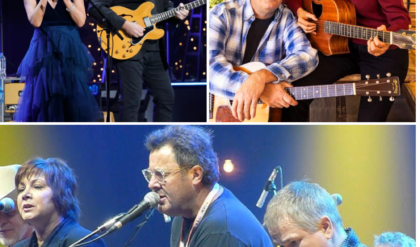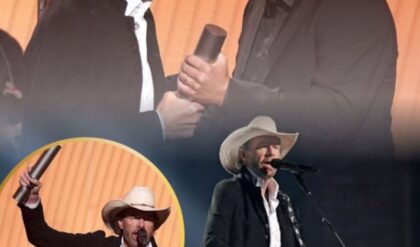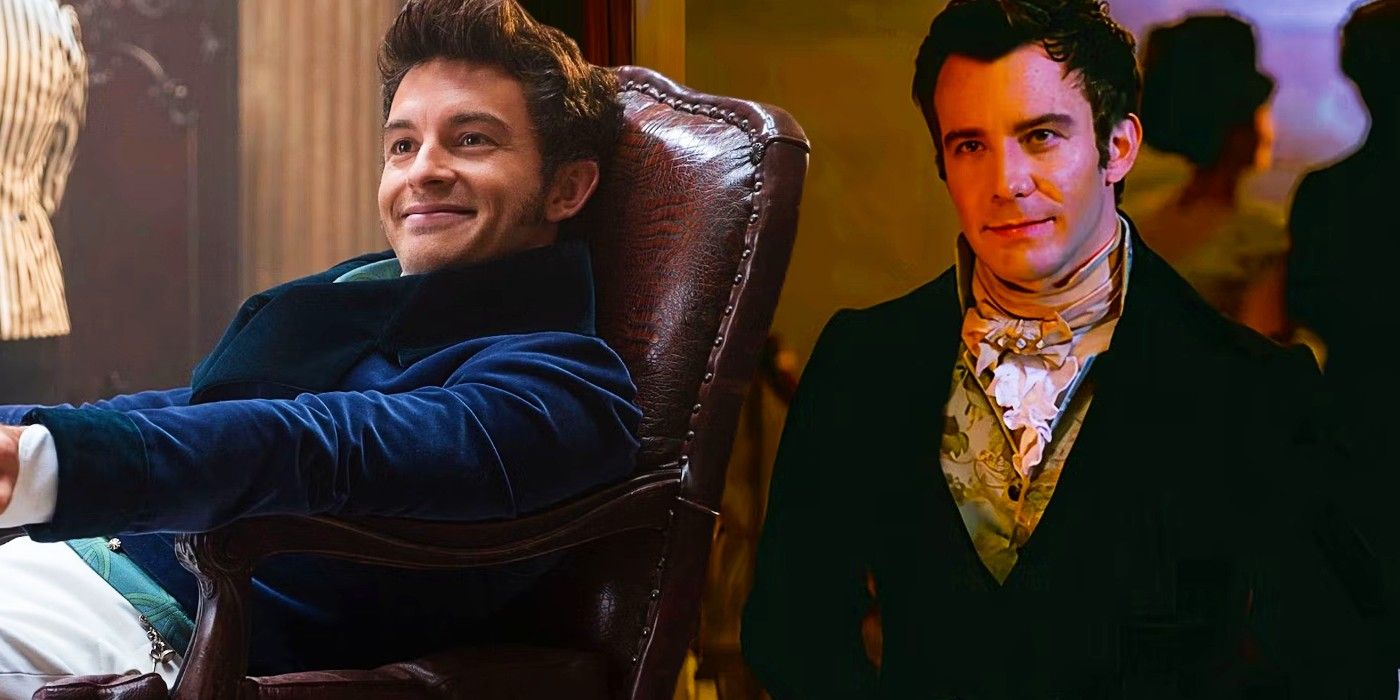
Bridgerton quickly became one of Netflix’s biggest hits, with 625 million viewing hours in its first month. Its charm lies in its romanticized period setting and creative historical liberties, most notably its diverse cast, which deviates from historical norms. Yet, the show remains accurate in depicting the intricacies of Regency-era high society, where titles like Lord, Duke, Baron, and Viscount denote social rank. With Bridgerton season 2 adapting The Viscount Who Loved Me, the viscount title is set to become even more central to the story.
What Viscount Means In Bridgerton
It’s A Title Used By Nobles In European Countries
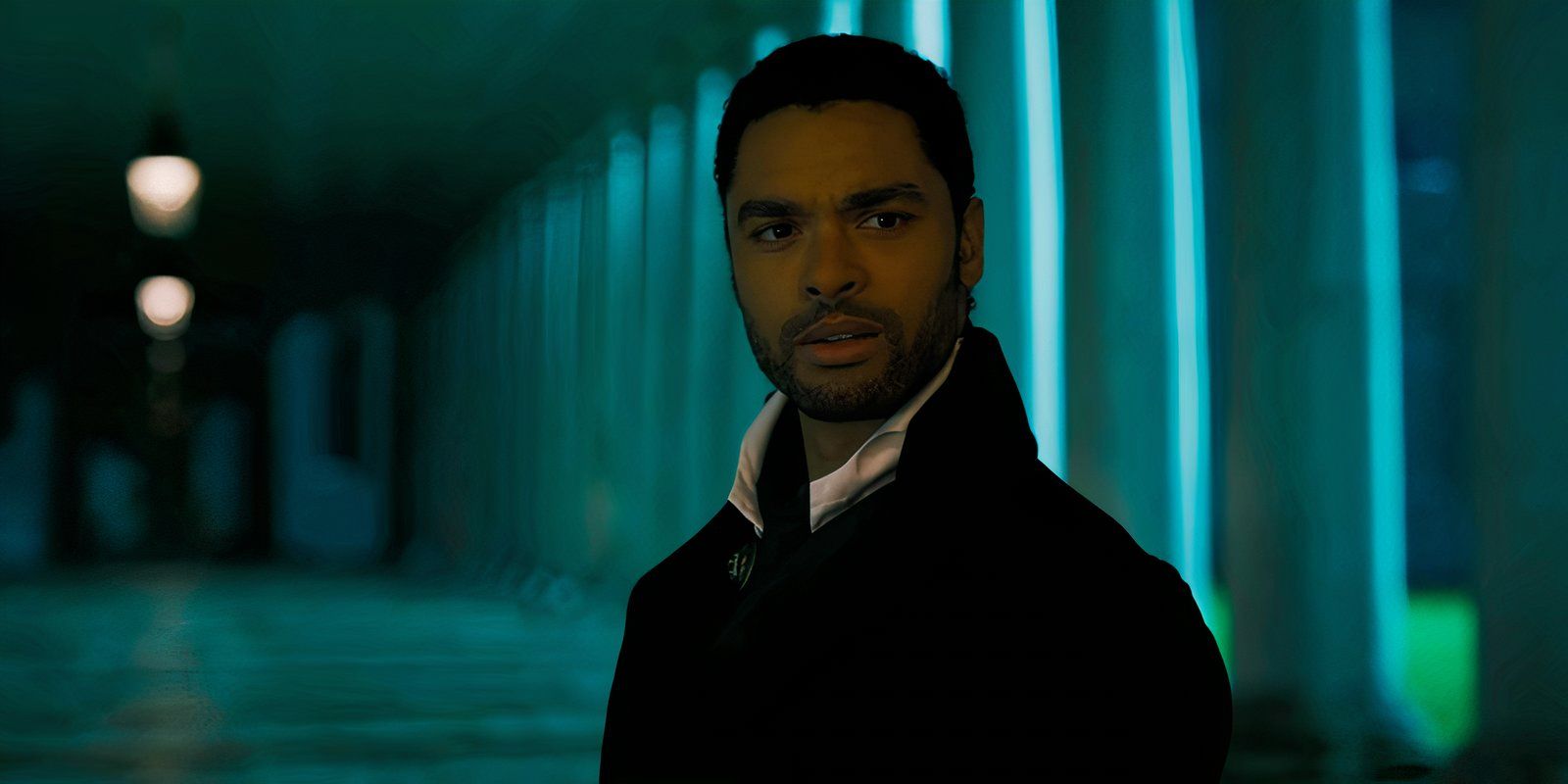
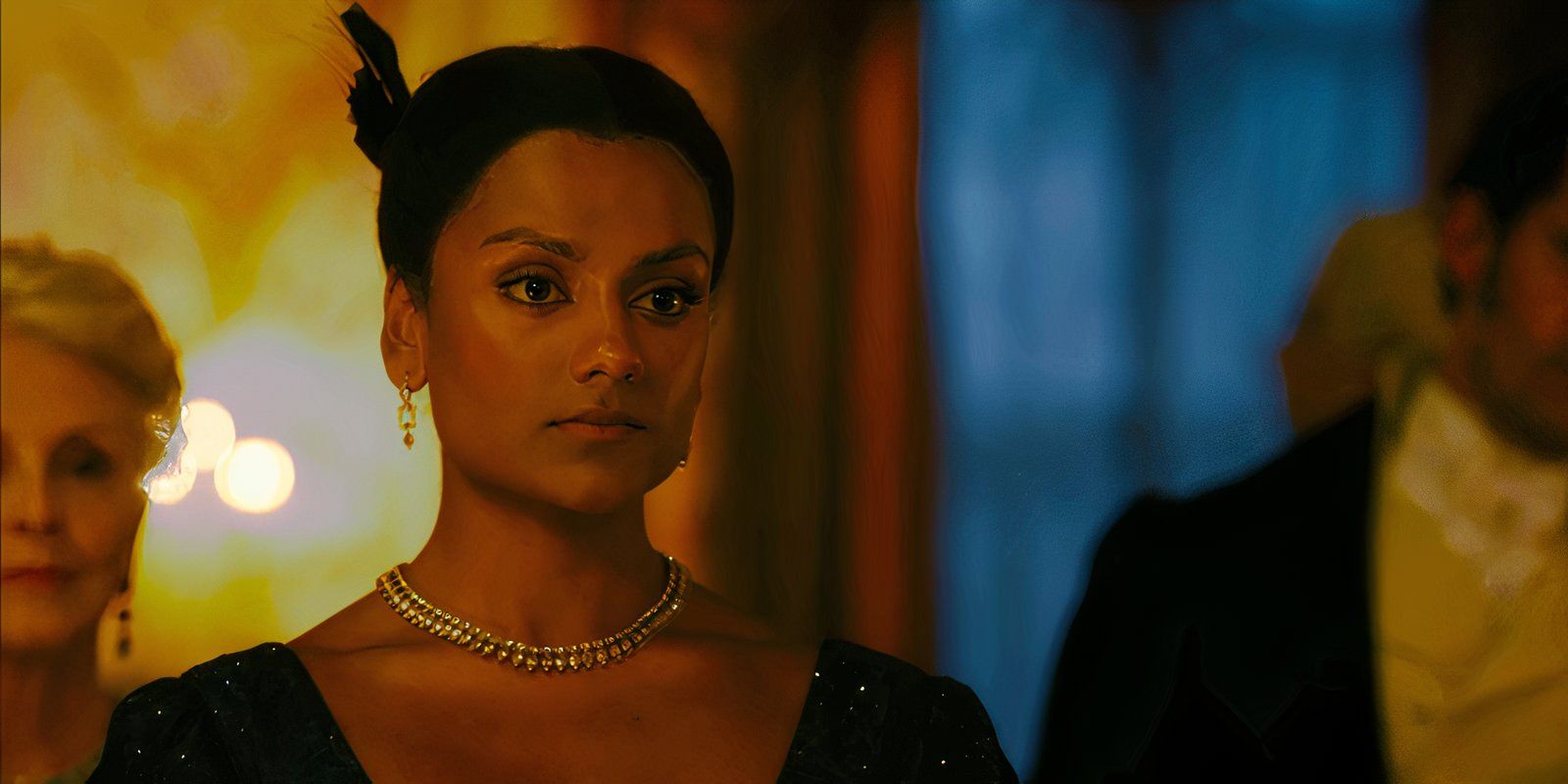
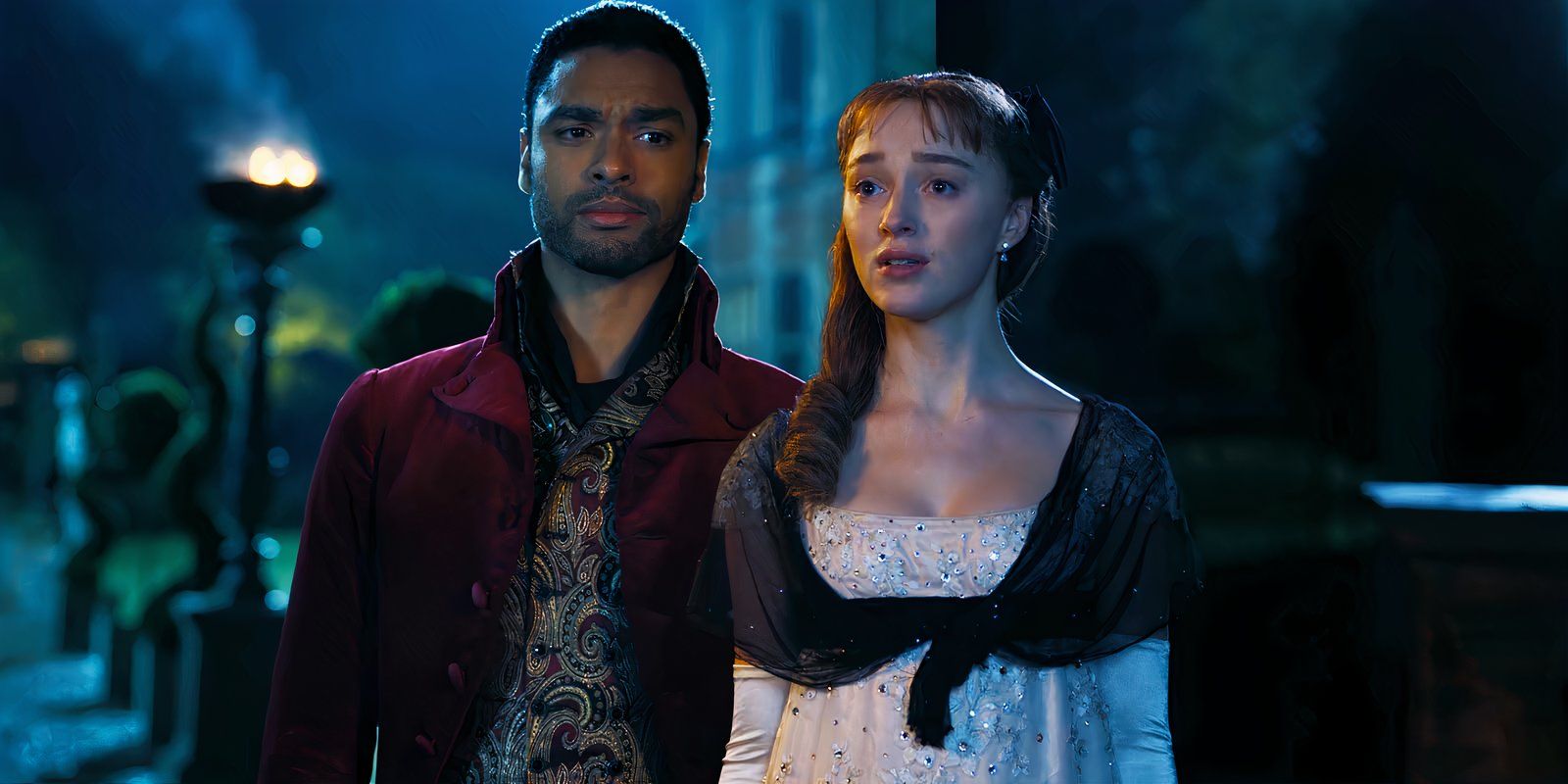
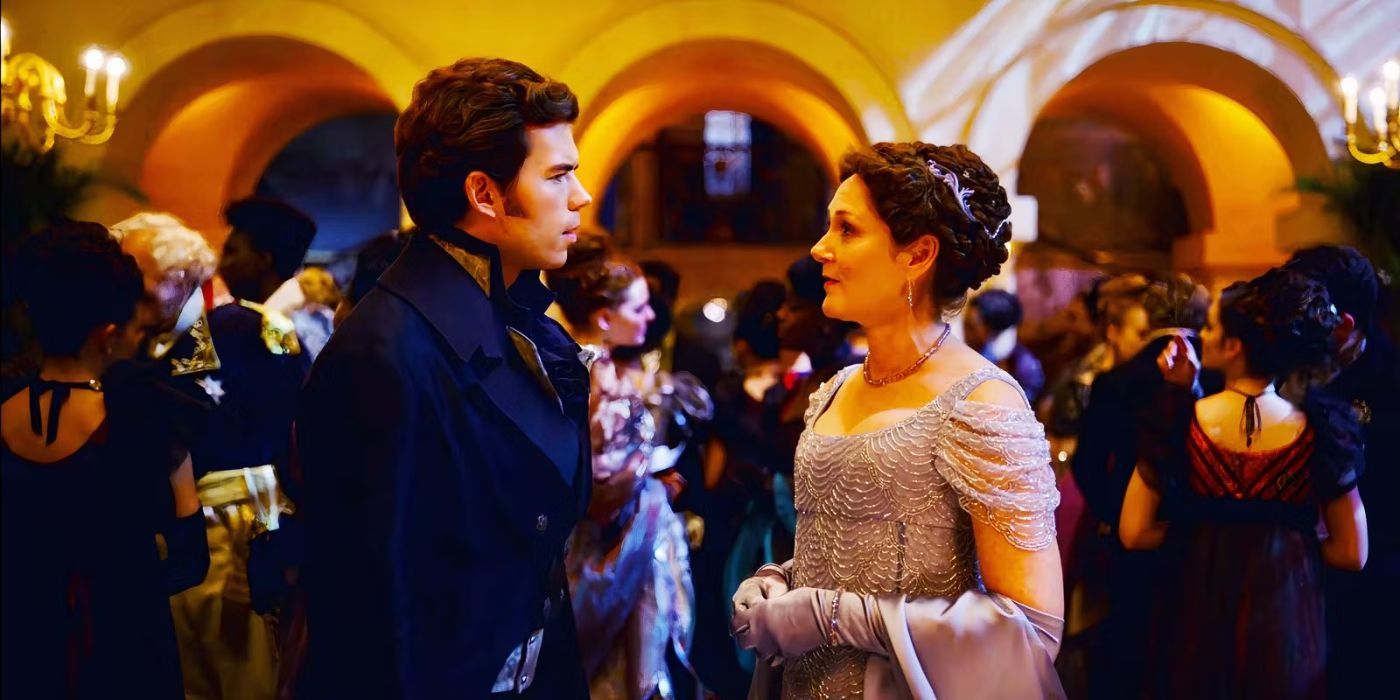
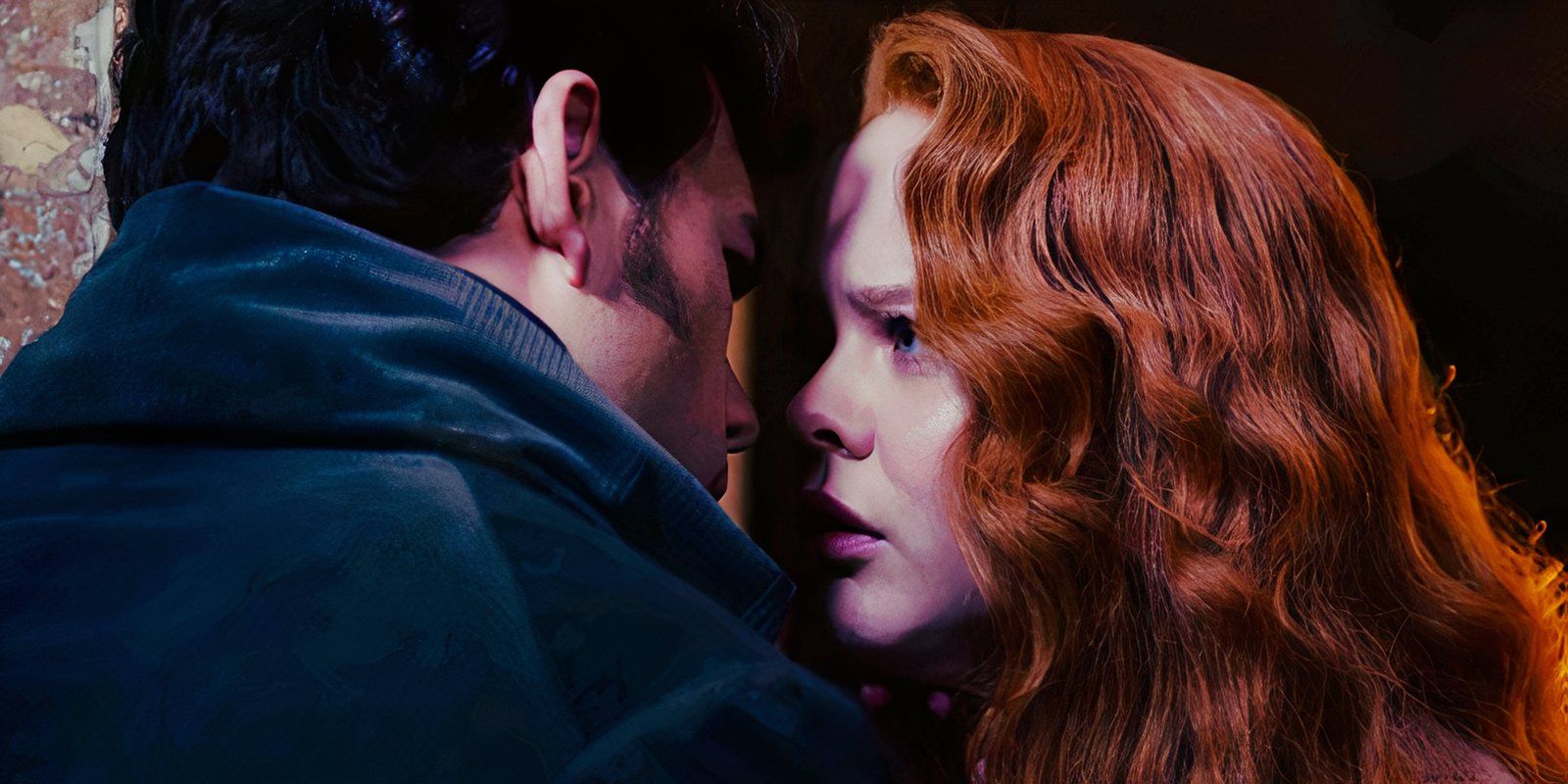
In various European countries, the title “viscount” is used by nobles of different statuses. In the British peerage system, a viscount ranks above a baron but below an earl, placing it as the fourth rank in the hierarchy. Traditionally, a viscount is addressed as “Lord,” and a viscountess as “Lady.” Originally, the title of viscount was not hereditary and often referred to someone with an administrative or judicial role, such as a deputy to an earl. Over time, however, it evolved into a hereditary title, passed down through generations.
The title of viscount, while not as commonly recognized as others like duke or baron, is crucial to understanding the social dynamics at play.
Within the context of Bridgerton’s depiction of Regency-era London, the title of viscount plays a significant role in the social structure and interactions of the characters. The British peerage system, with its intricate rules and historical changes, can make it challenging to pinpoint the exact rank and significance of specific titles. This complexity is reflected in Bridgerton’s noble families, where the noble titles often serve more as indicators of social standing than as functional roles within the plot.
Despite the potential confusion, these titles add depth and authenticity to the series’ portrayal of high society. The title of viscount, while not as commonly recognized as others like duke or baron, is crucial to understanding the social dynamics at play. With Bridgerton season 2 focusing on The Viscount Who Loved Me, the title of viscount becomes even more central to the storyline. This season promises to delve deeper into the responsibilities, expectations, and societal pressures associated with the title, providing viewers with a richer understanding of Regency-era nobility.
Other Bridgerton Terms That Need Explaining
“Debutante,” “Dowry,” & “Governess” Are All Frequently Used In Bridgerton
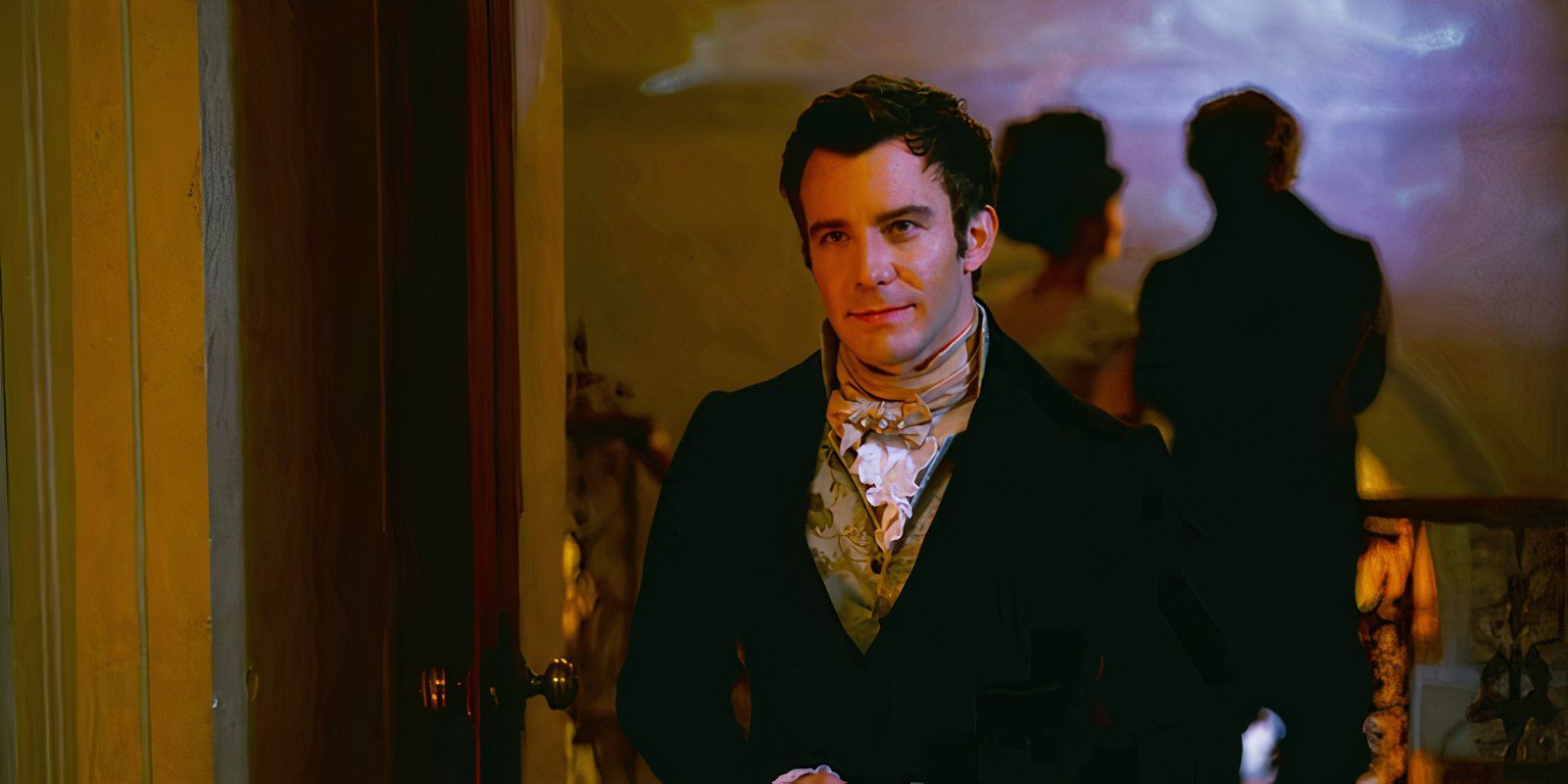
Bridgerton is rich with other period-specific terminology that can be perplexing to modern audiences. One such term is “debutante,” referring to a young woman of aristocratic or upper-class background who is presented to society, typically at a debut ball, signifying her eligibility for marriage. The “Season” is another essential concept, denoting the social season in London. During this period, the elite host and attend a series of events, balls, and parties, primarily to introduce debutantes to society and arrange advantageous marriages.
The term “entail” refers to a legal mechanism that restricts the inheritance of property to specific heirs, usually male, to keep estates intact across generations.
Several terms related to marriage and inheritance also play a significant role in the series. A “dowry” is a sum of money, goods, or property that a bride’s family gives to the groom upon marriage, which was crucial in marriage negotiations among the nobility. The “dower house” is a residence on an estate intended for the widow of the estate owner, allowing the new heir to occupy the main house. The term “entail” refers to a legal mechanism that restricts the inheritance of property to specific heirs, usually male, to keep estates intact across generations.
The “Ton,” short for “le bon ton,” describes the fashionable and elite social circles of Regency-era London, where reputation and social standing are paramount.
Additionally, Bridgerton touches on aspects of daily life and social customs. A “governess” is a woman employed to educate and care for children in a private household, typically in affluent families, highlighting the importance of upbringing and education among the nobility. “Courtship” is the period during which a couple develops a romantic relationship, traditionally with the intention of marriage, involving supervised visits and social outings to ensure propriety. Understanding these terms helps to appreciate the intricate social fabric of Bridgerton and the historical context that shapes the characters’ lives and relationships.
